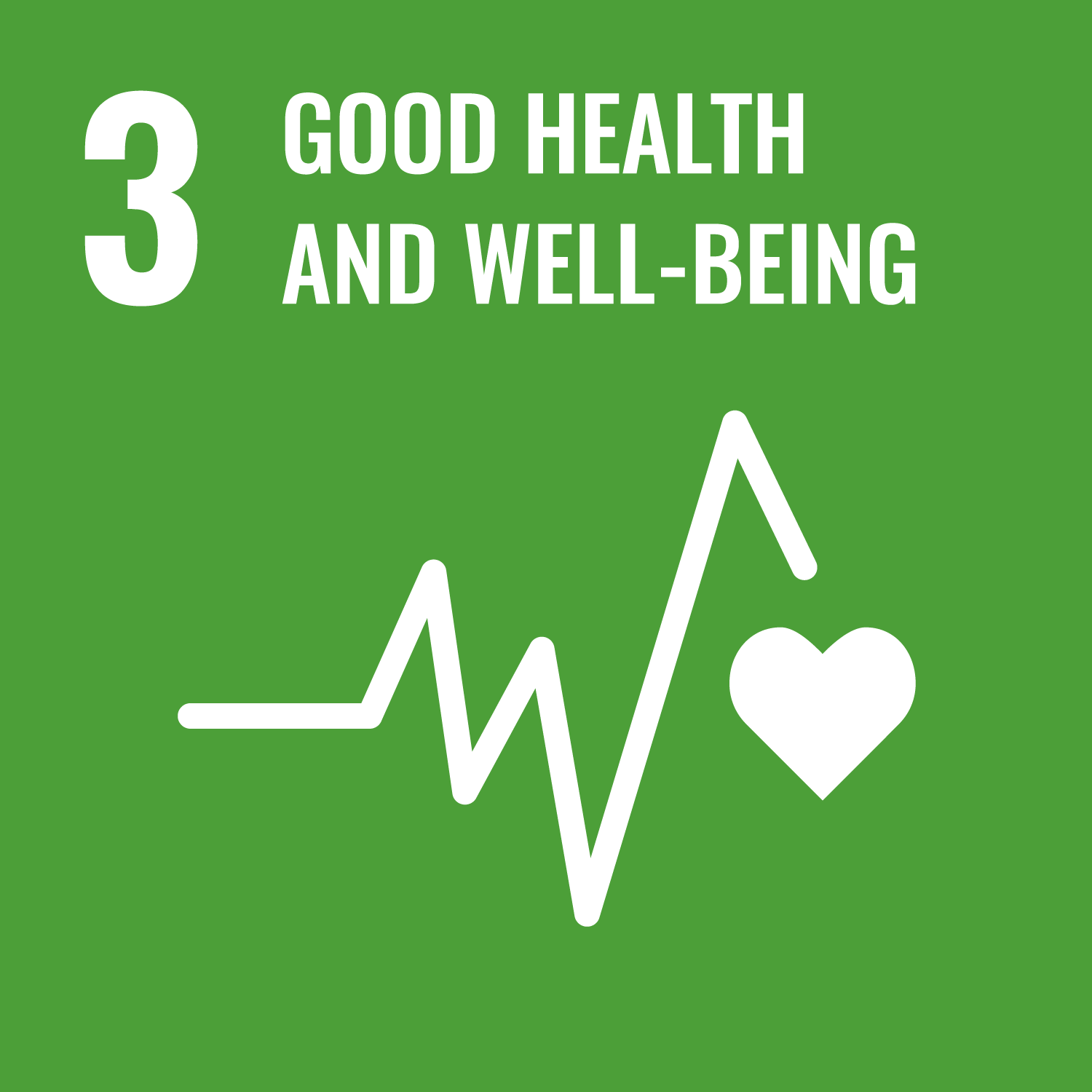The Utkrisht Impact Bond
Aligned SDGs

- The Utkrisht Impact Bond
- General overview
- Location
- Involved organisations
- Outcome metrics
- SyROCCo reports
- Other resources
- Spreadsheet of data
- The Utkrisht Impact Bond
- General overview
- Location
- Involved organisations
- Outcome metrics
- SyROCCo reports
- Other resources
- Spreadsheet of data
General overview
Stage of development: Complete
Policy sector: Health
Date outcomes contract signed: Nov 2017
Start date of service provision: May 2018
Capital raised (minimum): USD 2.90m
Max potential outcome payment: USD 8m
Service users: 13k+ individuals
Intervention
Two service providers, Hindustan Latex Family Planning Promotion Trust (HLFPPT) and Population Services International (PSI), are supporting private facilities to improve the quality of care provided to new mothers and newborns. The service providers will also support the private facilities to become certified by the joint quality standard (JQS).
Target population
Private facilities across Rajasthan, meeting the following criteria for facility inclusion
Scale: Less than 100 beds, minimum of 20 deliveries per month
Infrasturcture: 24/7 electricity; 24/7 water supply; operating theatre; labour room
Staff: full-time gynecologist; at least three full-time midwives
Engagement: interest in quality improvement; willingness to share data
Compliance: pollution control registration
Location
Country
- India
Service delivery locations
- Rajasthan, India
Involved organisations
Configuration of contracting parties:
- Waterfall contracting structure
Outcome metrics
- Improved quality of care provision. More than or equal to 30% of points met in all 10 chapters of NABH standards AND More than or equal to 40% of FOGSI standards are 100% met. Pre-post reporting and evaluation.
- Reaching JQS level of care provision. More than or equal to 50% of points met in all 10 chapters of NABH standards AND More than or equal to 70% of FOGSI standards are 100% met. Pre-post reporting and evaluation.
Powered by SyROCCo SyROCCo reports
The following articles are taken from the Systematic Review of Outcomes Contracts Collaboration (SyROCCo) Machine Learning tool.
The tool is a collaboration between the Government Outcomes Lab and machine learning experts from the University of Warwick, that allows you to navigate and explore data extracted from nearly 2000 academic and grey literature publications related to outcomes-based contracting.
Other resources
Spreadsheet of data
Important Notice and Disclaimer on INDIGO Data
INDIGO data are shared for research and policy analysis purposes. INDIGO data can be used to support a range of insights, for example, to understand the social outcomes that projects aim to improve, the network of organisations across projects, trends, scales, timelines and summary information. The collaborative system by which we collect, process, and share data is designed to advance data-sharing norms, harmonise data definitions and improve data use. These data are NOT shared for auditing, investment, or legal purposes. Please independently verify any data that you might use in decision making. We provide no guarantees or assurances as to the quality of these data. Data may be inaccurate, incomplete, inconsistent, and/or not current for various reasons: INDIGO is a collaborative and iterative initiative that mostly relies on projects all over the world volunteering to share their data. We have a system for processing information and try to attribute data to named sources, but we do not audit, cross-check, or verify all information provided to us. It takes time and resources to share data, which may not have been included in a project’s budget. Many of the projects are ongoing and timely updates may not be available. Different people may have different interpretations of data items and definitions. Even when data are high quality, interpretation or generalisation to different contexts may not be possible and/or requires additional information and/or expertise. Help us improve our data quality: email us at indigo@bsg.ox.ac.uk if you have data on new projects, changes or performance updates on current projects, clarifications or corrections on our data, and/or confidentiality or sensitivity notices. Please also give input via the INDIGO Data Definitions Improvement Tool and INDIGO Feedback Questionnaire.